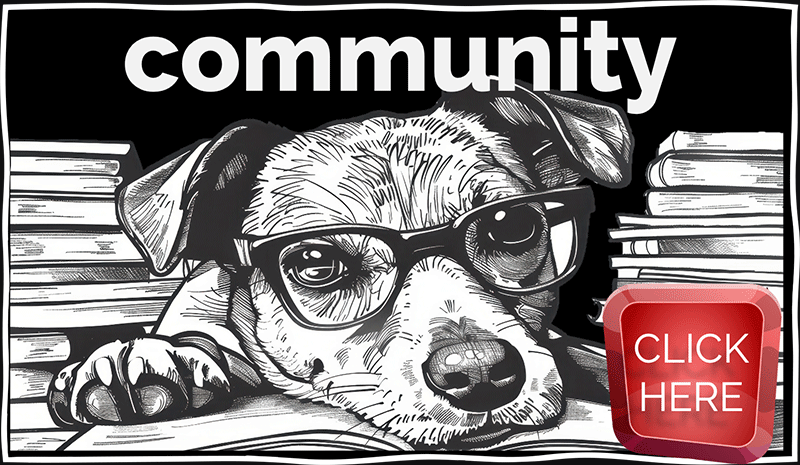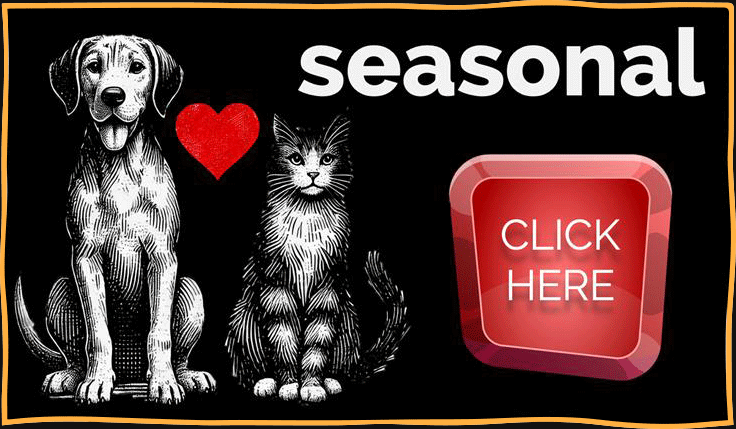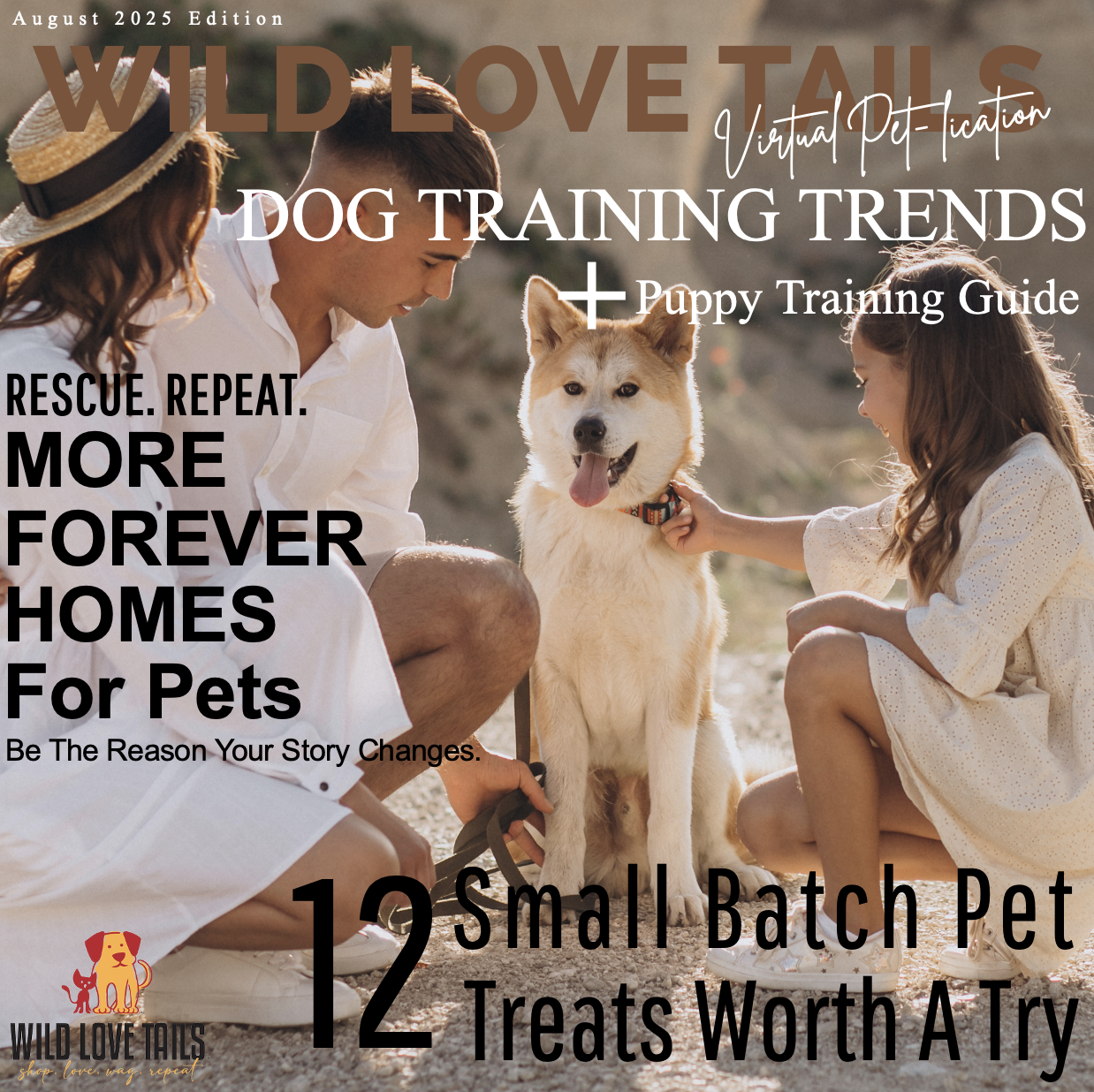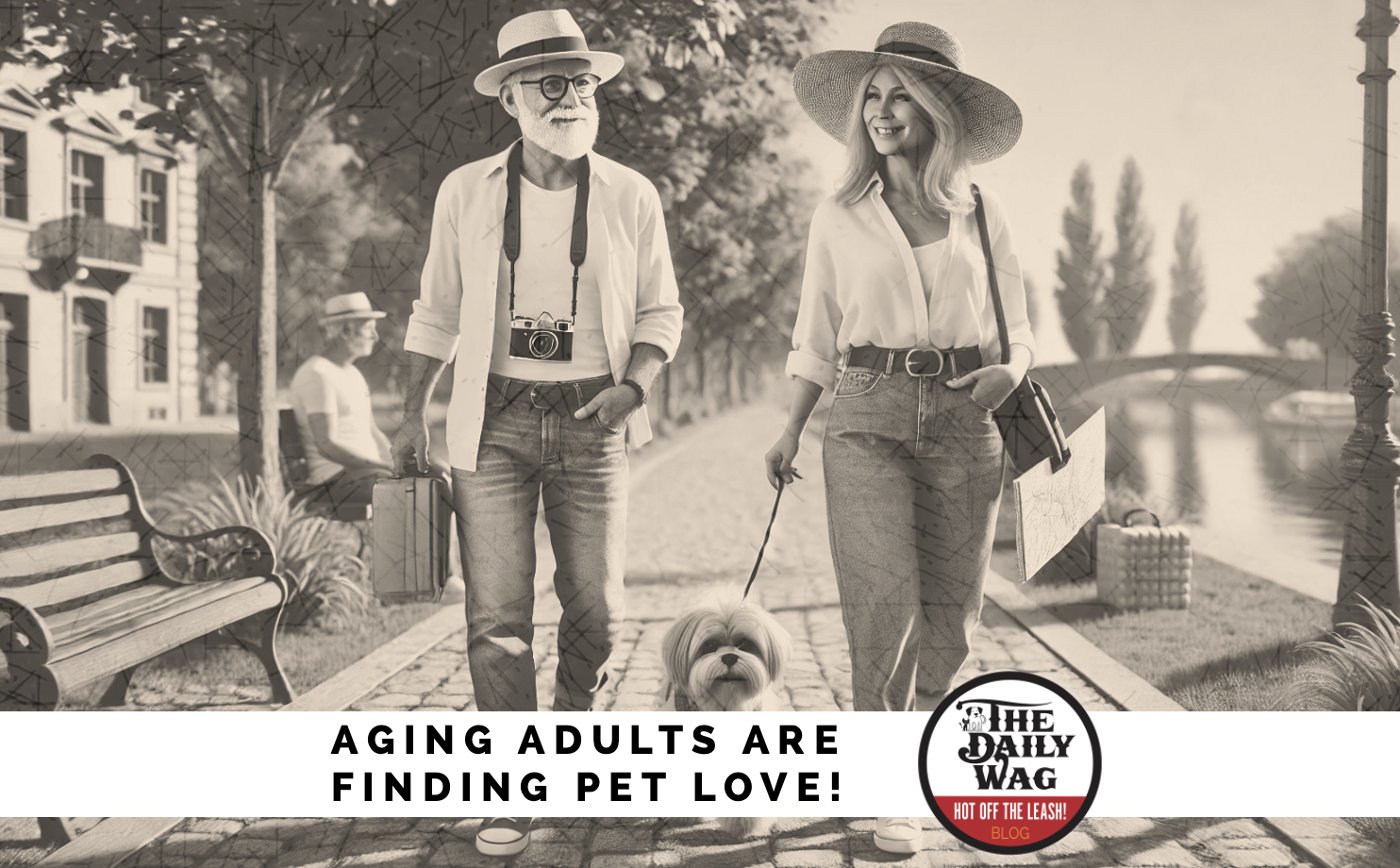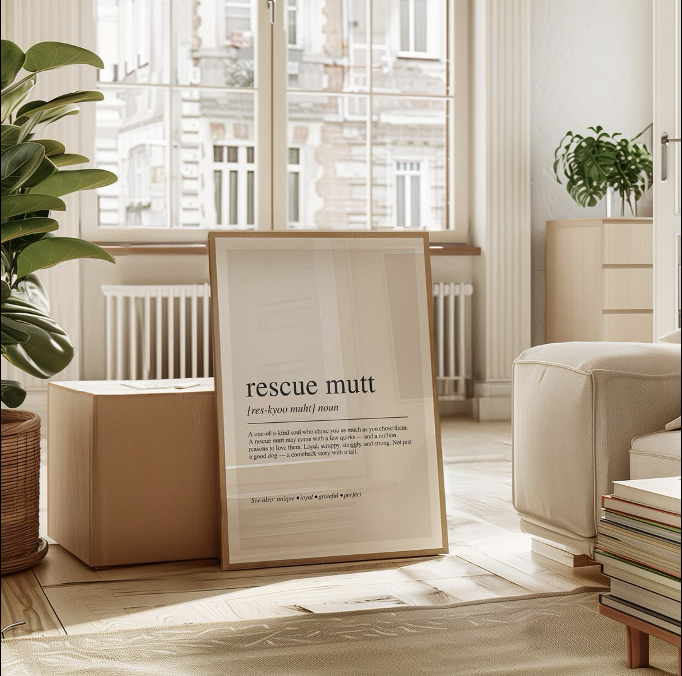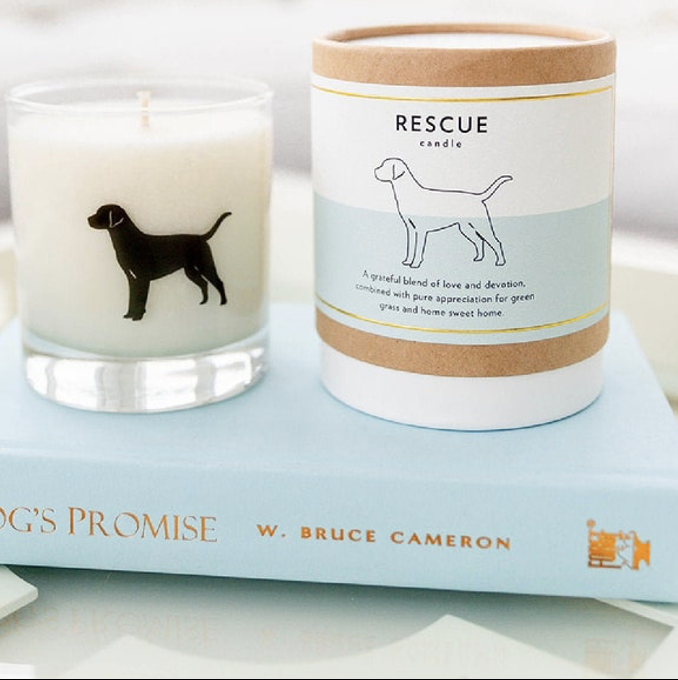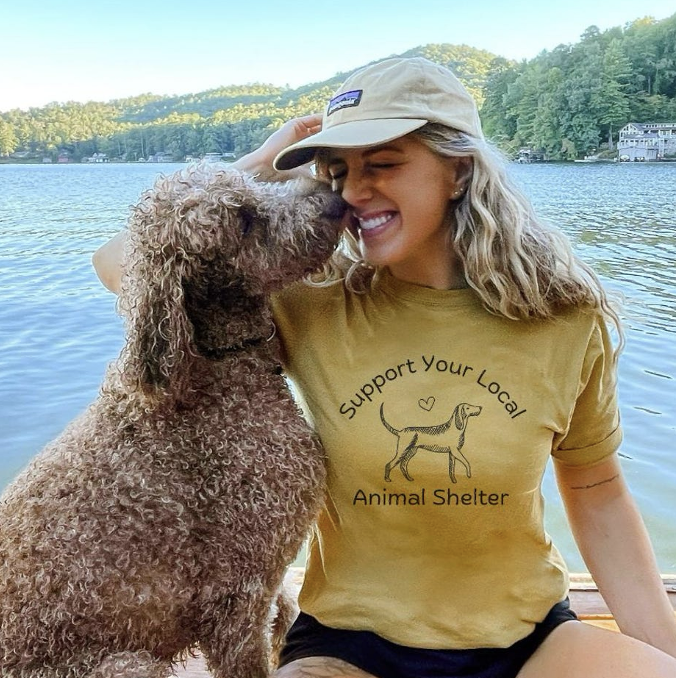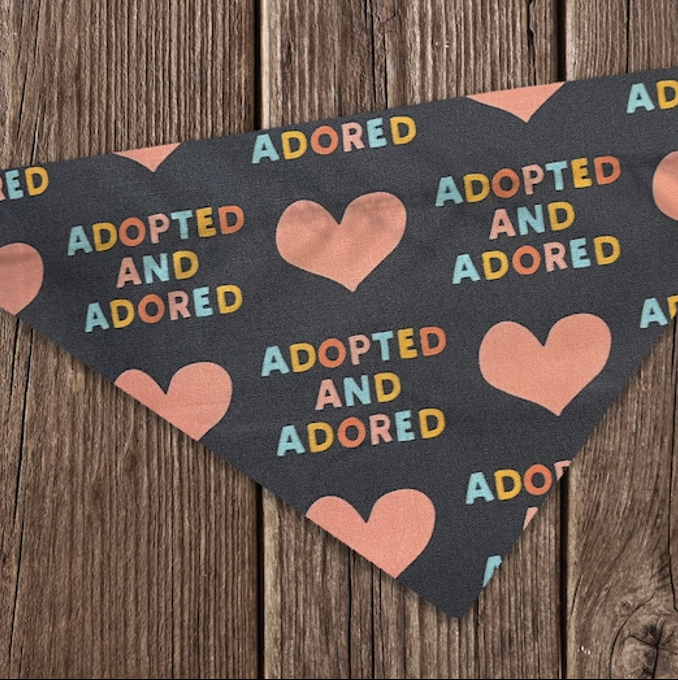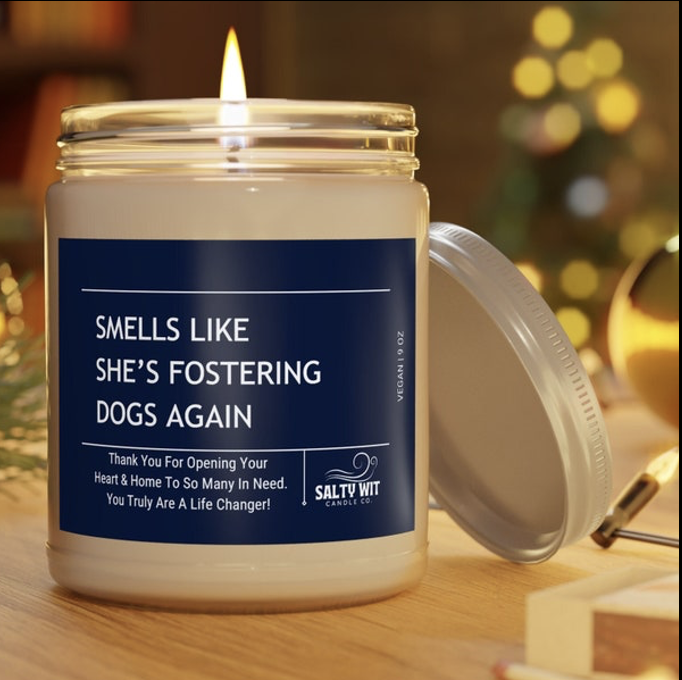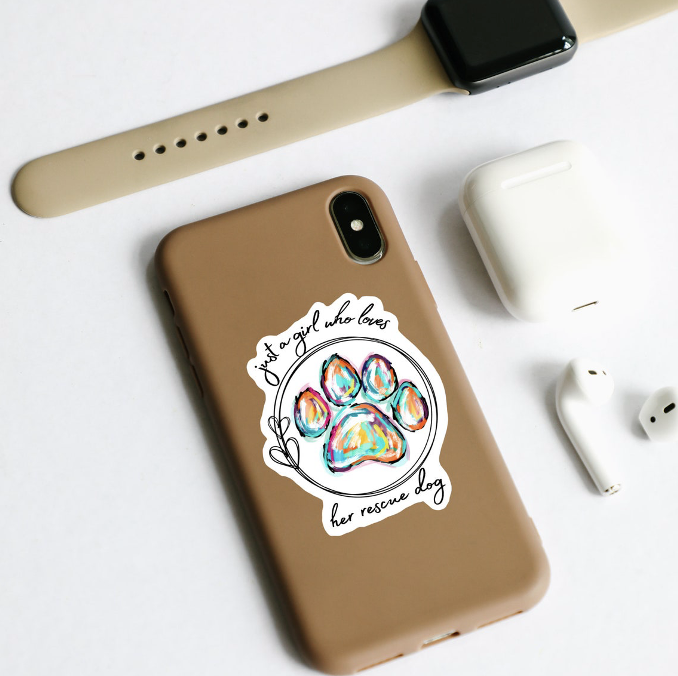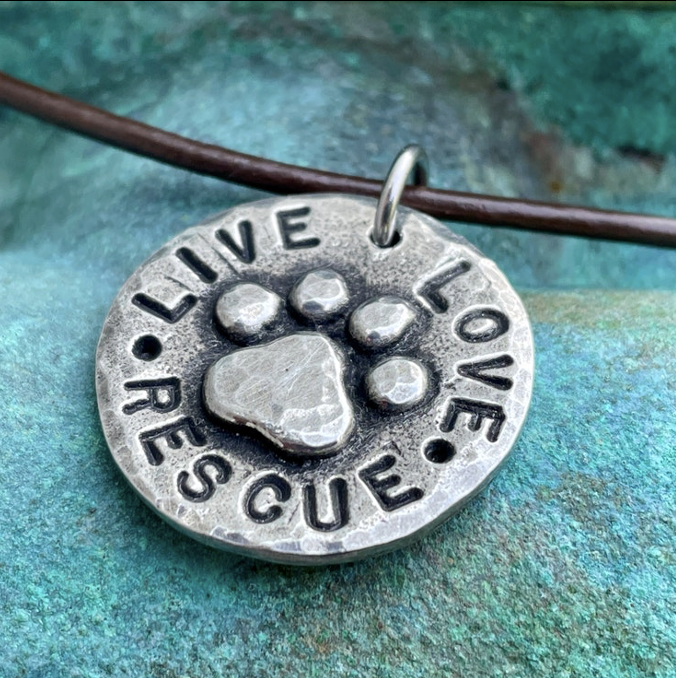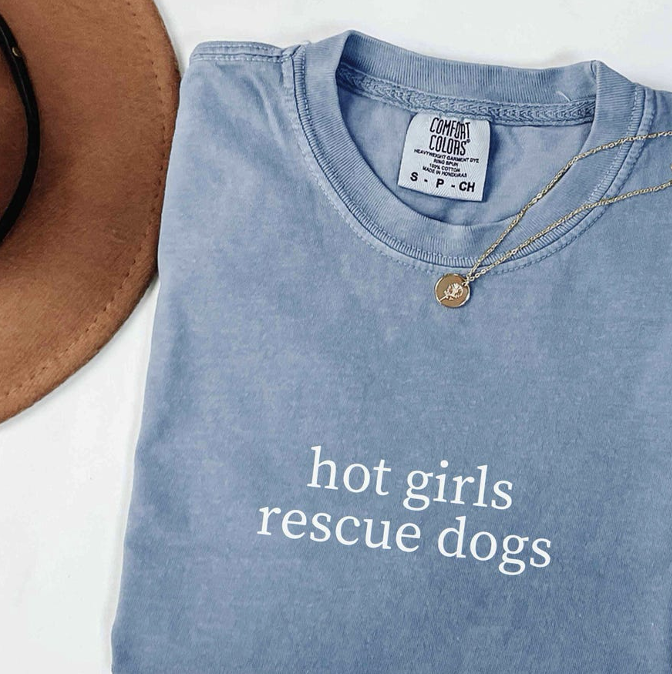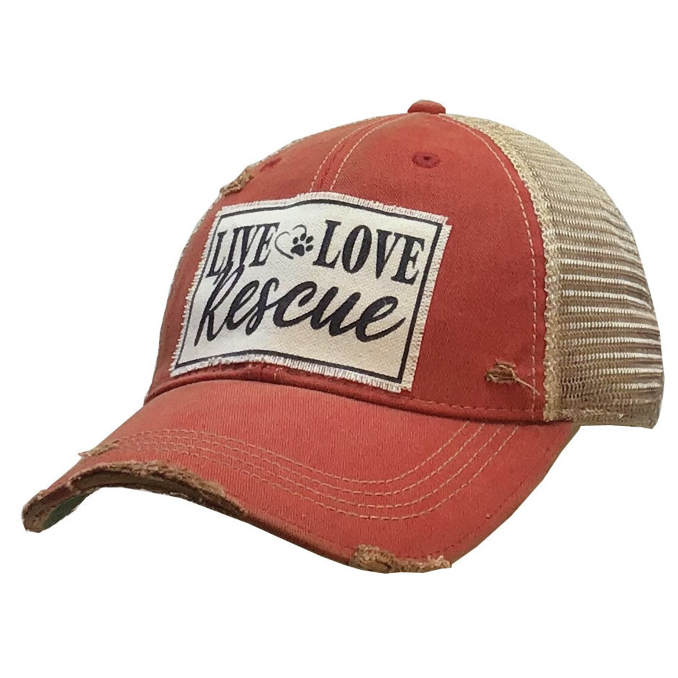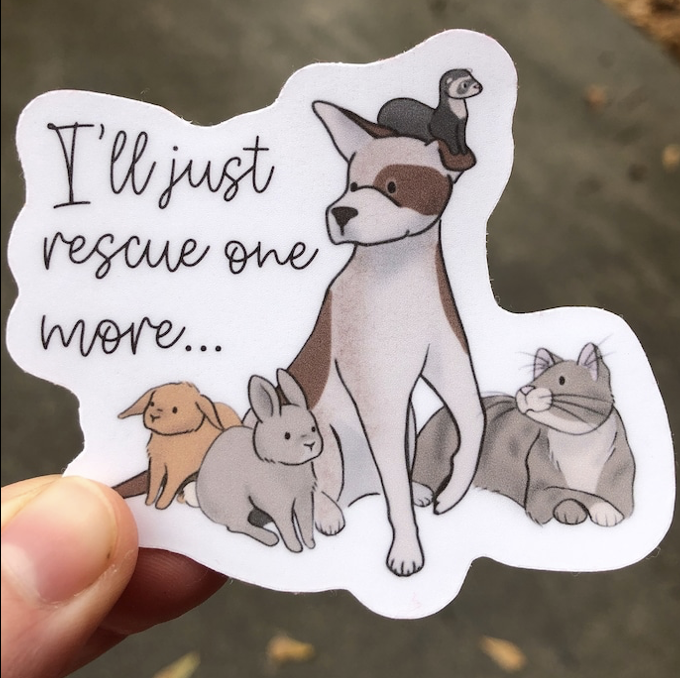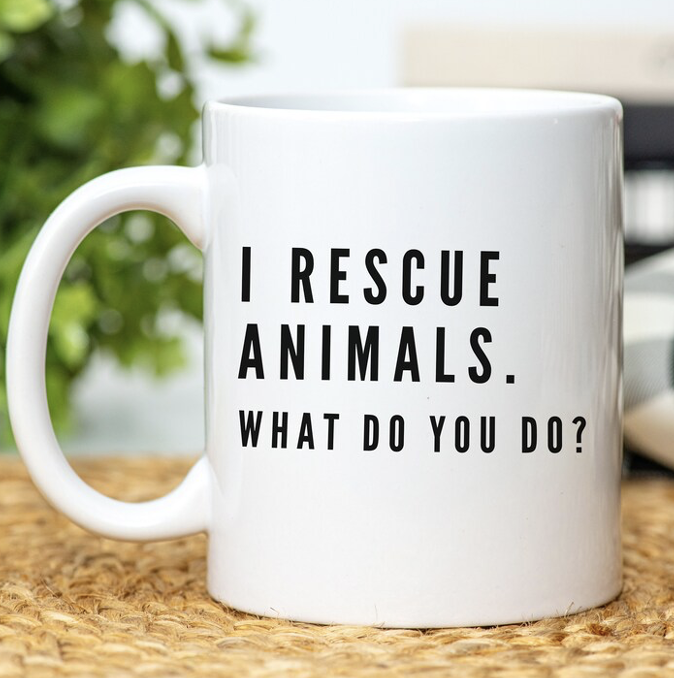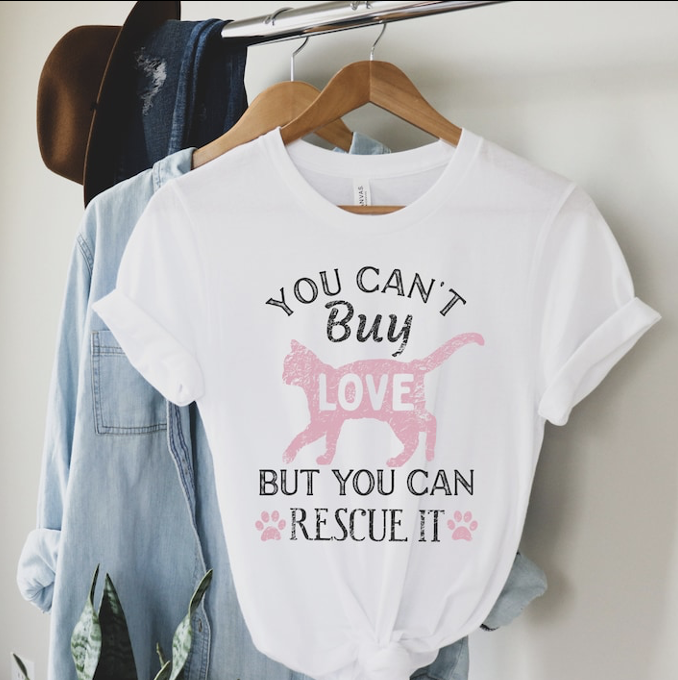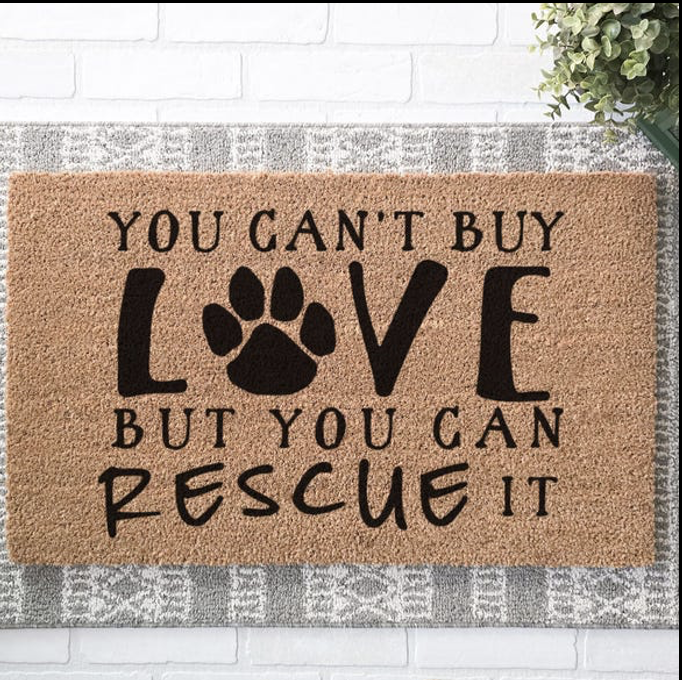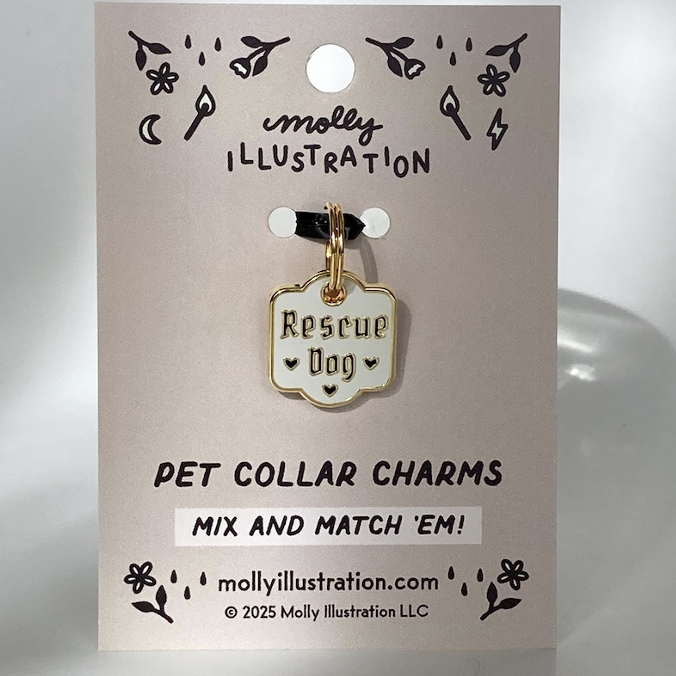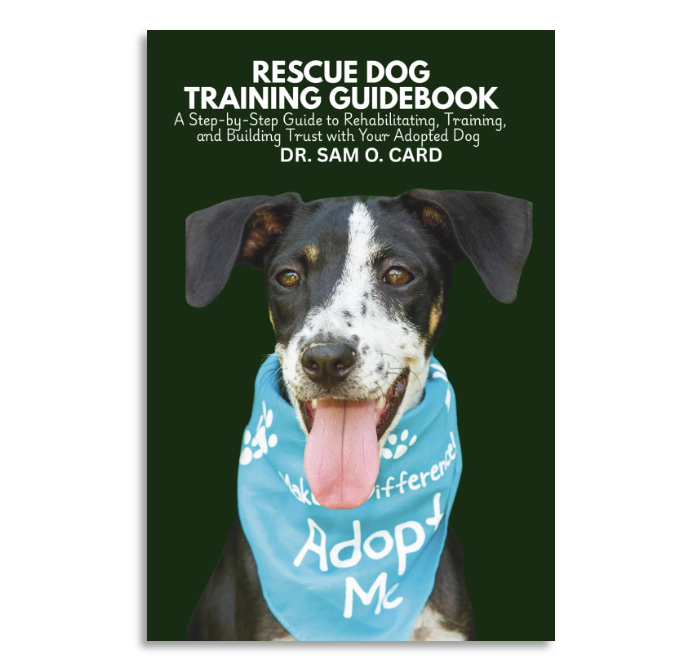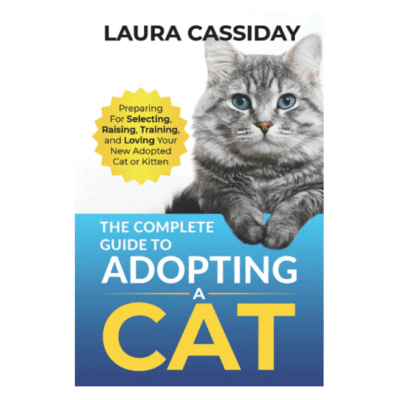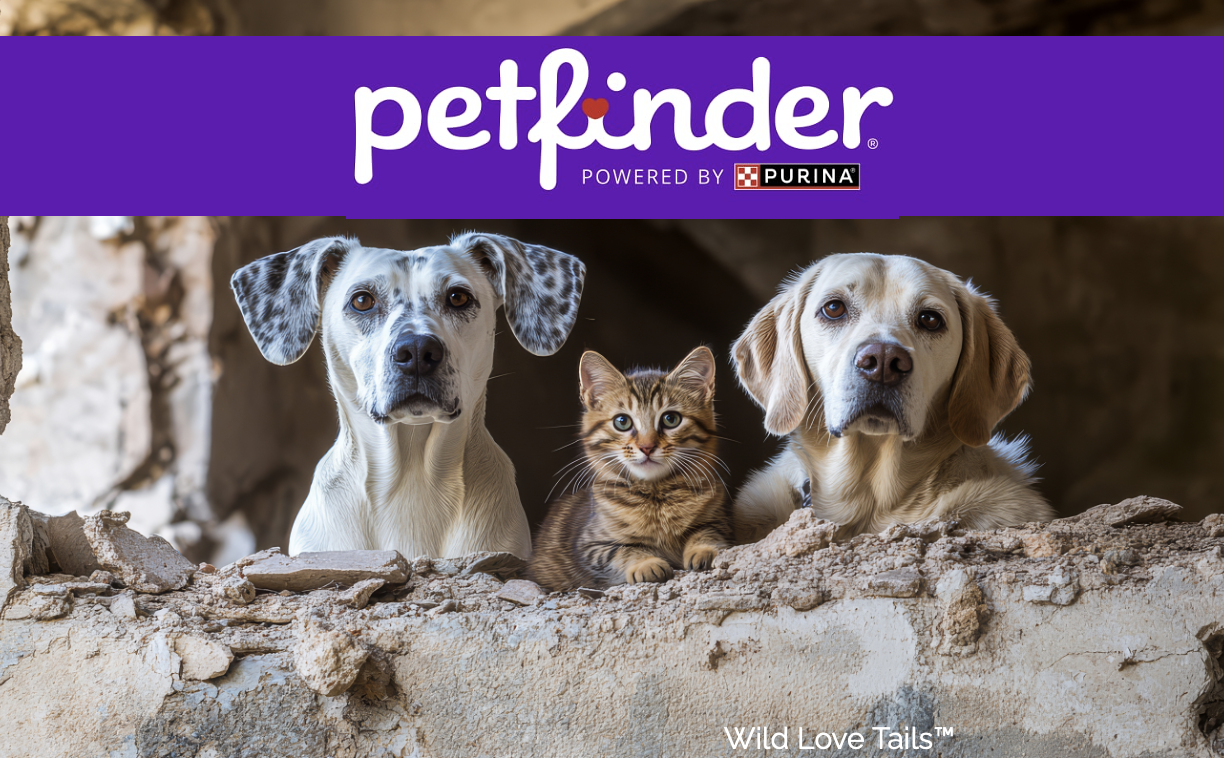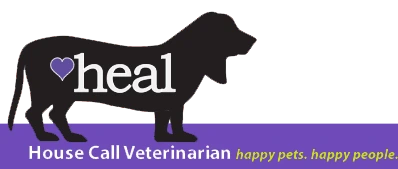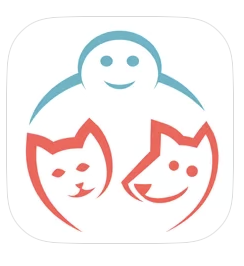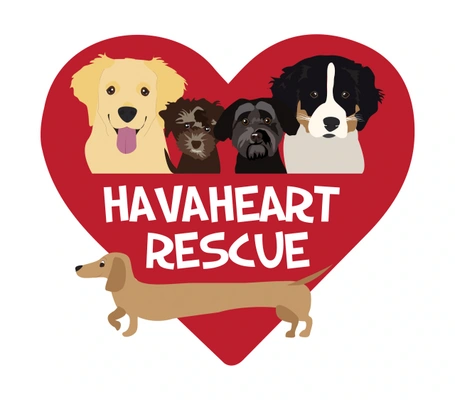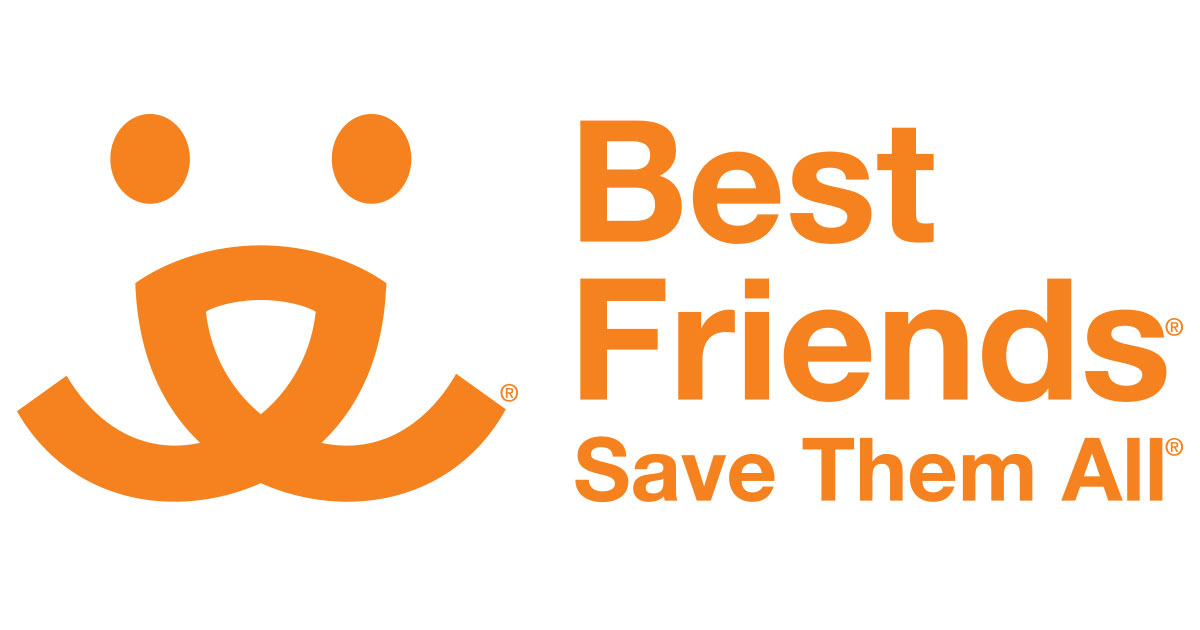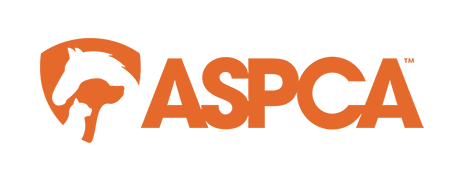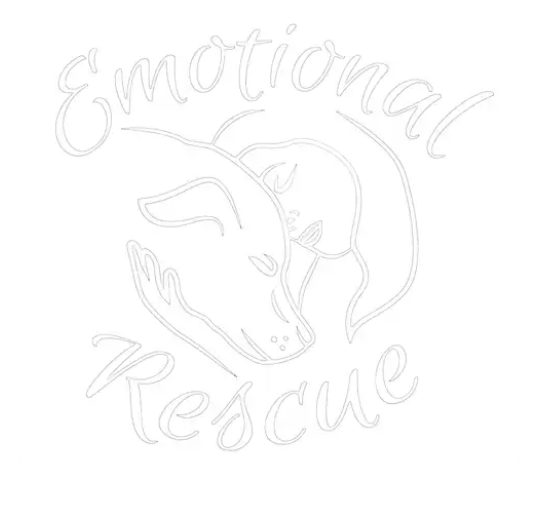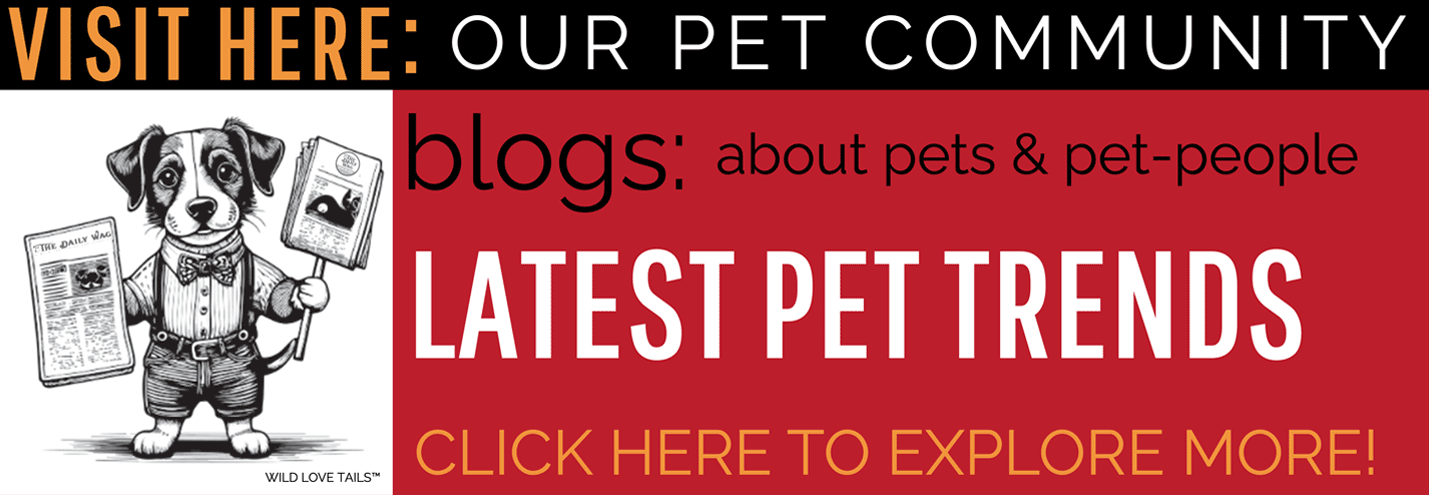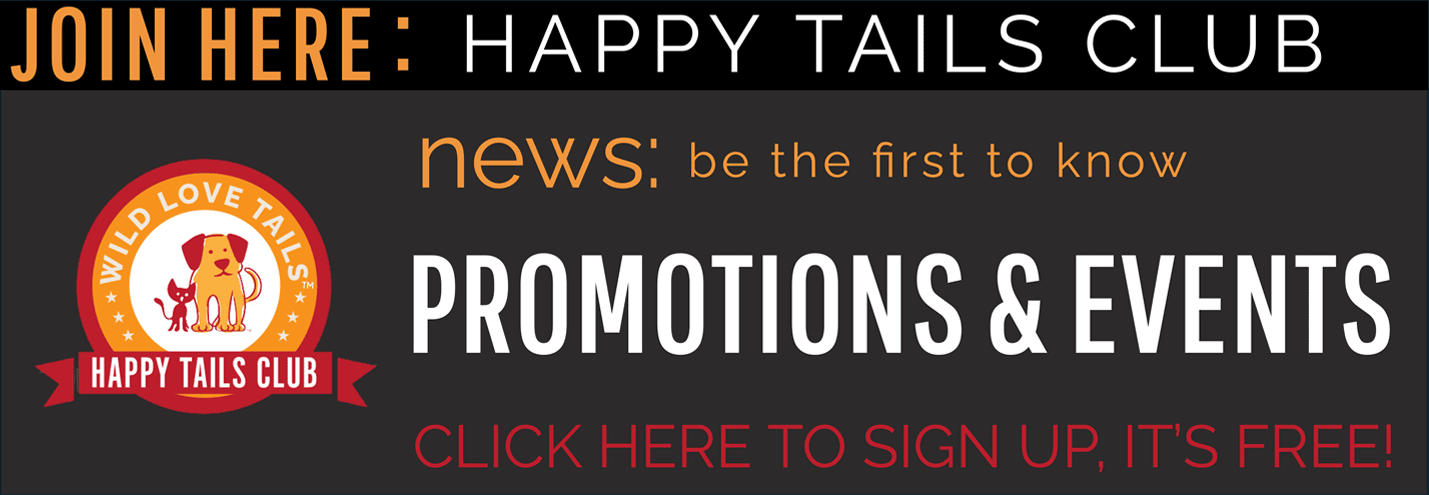More Forever Homes For Pets: Exploring Rescues, Adoptions and Homeless Pet Rates
More Forever Homes For Pets: Exploring Rescues, Adoptions and Homeless Pet Rates

Where Do We Stand? Pet Adoptions, Rescues & Homeless Pets in 2025
— From the Pet-a-torial Team at Wild Love Tails
While the pet-a-titorial team at Wild Love Tails are lucky enough to have forever homes, plenty of belly rubs, and our dream job writing about all things pets, we haven’t forgotten our furry friends who are still searching for their forever families. That’s why we’re all paws on deck for this important post: to share where things stand today, why homelessness and overpopulation are still major challenges, and what we can all do to help wag the stats in a better direction.
Adoption Trends Since 2020: On A Downhill Slide
The pandemic pet boom in 2020 brought a surge in adoptions as people sought companionship during lockdown. According to Shelter Animals Count, U.S. shelters saw record-low euthanasia rates and soaring adoption numbers in 2020 and 2021. But five years later, the landscape has shifted with pet intakes have increased again, with over 6.5 million pets entering U.S. shelters annually estimated by the ASPCA, and return-to-shelter rates rising due to housing restrictions, inflation, and post-pandemic lifestyle changes. Many shelters are operating at or above capacity, particularly in rural and southern states. While pet foster networks helped ease shelter crowding in recent years, burnout and economic strain are limiting capacity.
Why So Many Pets Are Still Homeless
Here is what is contributing to the continued rise in homeless pets:
- Overpopulation: Lack of access and process for spay/neuter services in many areas continues to fuel overbreeding.
- Puppy Mills: Shockingly, several states still allow commercial breeding facilities (aka puppy mills) to operate with minimal oversight. These include Missouri, Ohio, and Pennsylvania.
- Lack of Pet-Friendly Housing: Renters with pets are facing increased restrictions, high pet fees, or unfavorable space conditions, often leading to rehoming or surrender.
- Economic Hardship: Vet bills, pet food costs, and inflation have made it hard for some pet owners to keep their pets.
- Owner Expectations: Many pets are surrendered due to fixable behavioral issues, often stemming from a lack of training or support.
What’s Being Done and Is It Working?
Thankfully, there are rescue teams, non-profits, volunteers, and innovators who are making a difference. No-Kill Shelters are on the rise, with entire cities and counties working toward or achieving no-kill status. Pet Retention Programs help pet families keep pets during hard times by providing financial support through donations of pet food, supplies, or vet care. Mobile Clinics and Low-Cost Spay/Neuter facilities are offering initiatives, improving access to those working to help reduce feral and over-populated areas, reducing the number of unplanned litters in underserved areas. Pet Transport Networks are relocating at-risk pets from overcrowded shelters to areas with higher adoption demand. Education Programs in schools and communities are changing the conversation around responsible pet ownership.
There are some promising new pet laws and regulations that are starting to take root across the U.S. California and Maryland continue bans on the retail sale of non-rescue dogs and cats. Several States have introduced bills in 2024–2025 to restrict puppy mills and require transparency in pet sourcing. AI-Powered Animal Welfare Legislation Tracking Tools are now helping advocacy groups stay ahead of harmful or helpful bills. But there’s still work to do, especially in states that lack restrictions on commercial breeding or provide limited funding for animal welfare.
Artificial Intelligence isn’t just for coding, doing homework, and chatbots questions. AI also offers insights that could transform how we tackle pet homelessness, so we wanted to see what AI had to say about improving the stats on the homeless pet problem and how we can use the directive to continue to make an impact.
- Predictive Analytics can identify areas where pet surrenders are likely to rise, allowing nonprofits to target support earlier.
- Pet Matching Algorithms help adopters find the right pet, reducing the chance of returns.
- Behavioral AI in training apps helps pet owners address problems before they give up on a pet.
- AI Chat Support is helping shelters answer FAQs, freeing up time for more hands-on help.
What Wild Love Tails Can Do (With Your Help!)
At Wild Love Tails, we’re more than just an online pet marketplace, we are a community of pet lovers committed to making tails wag and lives better. Here are just a few things we are focused on daily to help pets find their forever home. Creating educational pet blog posts and stories with the goal to help current and future pet owners navigate pet ownership. We offer support to pet non-profits and helping to spread their efforts and their mission. We focus energy on reminding our guests through pet adoption, foster, and spay & neuter services. We even have a pet party department that is dedicated to celebrating ‘gotcha day’ and celebrating happy endings. Many of the brands we support across our site contribute a portion of their sales to pet support services across the world.
What We Can All Do Today to Reduce the Pet Homeless Population:
- Adopt, Don’t Shop: Consider rescuing your next best friend.
- Pet Share: Partner with a friend, aging adult or family that is home during the day or at night when you work making pet ownership for both parties a win win.
- Pet Fostering: A trend we love, you may not be up for a full-time pet or have the room for one more, so fostering a pet helps them get ready for their forever home.
- Volunteer: Even a weekend can change a pet’s life and support local organizations.
- Advocate: Support laws that shut down puppy mills and fund shelters.
- Support & Donate: Every dollar helps shelters provide food, care, and second chances, you can support through making a purchase or donate directly.
- Educate Others: Share facts, not just cute photos.
Together, we can turn the tide and make “homeless pet” a thing of the past. As for us on the pet-a-torial team, we will keep barking, purring, and publishing until every paw finds a home.
Keep scrolling to explore great books that support dog, cat and pet adoptions, training, and social acclimation. You will also find some of our favorite and stand out organizations that are dedicated to making significant change in the no-kill and finding every pet a home. Working together to solve this is the only way, so let’s do it!
Stay kind. Stay wild.
— The Pet-a-torial Team at Wild Love Tails


Pet Adoption, Rescue and Heartfelt Books

If you are considering fostering, pet adoption or volunteering to make a difference, here are some terrific resources to help you get started. We recommend you start locally by visiting the closest shelter and then begin exploring other pet adoption options across the U.S. and beyond, some very unique options with regional support. There are so many great organizations out there that are worth checking out, volunteering or offering a financial donation to show your support, if pet adoption is not in the cards for you. For those who have a house full of pets and would like to be a part of the solution consider offering free grooming services, assist with pet training, offer respite foster care for short periods of time, or drop off excess food or treats. Every little bit makes a difference. You can also share events, updates, and new pets up for adoption on our social media, message friends, or help with local adoption events. Check out these Pet Adoption Options Across The USA:
1. petfinder.com changes the way people and pets find each other
Petfinder is North America’s largest online pet adoption platform, connecting adopters with more than 315,000 adoptable animals from nearly 14,000 shelters and rescue organizations across the U.S., Canada, and Mexico. As a searchable database, it enables users to filter pets by type, breed, size, and other criteria, and includes resources such as pet-care articles, breed guides, and adoption support to enhance the adoption experience. Updated daily, Petfinder empowers users to save searches, receive email alerts, and directly contact shelters through pet profiles—but adoption decisions, policies, and processes are managed by the shelter or rescue organization, not Petfinder itself. Additionally, in partnership with Purina, Petfinder extends post-adoption support to help ensure pets and their people enjoy long, happy lives together.
5 Unique Things About petfinder.com:
Covers All Pet Types, Not Just Dogs and Cats – In addition to dogs and cats, Petfinder lists adoptable rabbits, horses, birds, reptiles, and other small animals from thousands of shelters and rescues.
First Online Pet Adoption Platform – Launched in 1996, Petfinder was the first website to connect animal shelters and rescues with potential adopters nationwide, pioneering the concept of online pet listings.
Massive Shelter Network – Partners with more than 11,000 shelters, rescues, and adoption organizations across the U.S., Canada, and Mexico, making it one of the largest adoption databases in North America.
Educational Resource Hub – Beyond adoption listings, Petfinder provides extensive resources on pet care, training, behavioral issues, and animal welfare, helping adopters prepare for responsible pet ownership.
Millions of Successful Matches – Since its founding, Petfinder has helped over 25 million pets find homes, with many adoptions facilitated by their ability to let people search by location, breed, age, size, and other criteria.
Little History:
In 1996, Betsy Banks Saul and Jared Saul co-founded Petfinder.com, revolutionizing the pet adoption process by creating the first online platform that connected shelters and rescues with potential adopters. Driven by Betsy’s deep passion for animals and commitment to leveraging technology for good, Petfinder quickly grew into the world’s largest pet adoption website, facilitating over 25 million adoptions across the U.S., Canada, and Mexico. The site became a one-stop resource for adoptable pets, ranging from cats and dogs to reptiles and horses, while also offering education on pet care and adoption. After a successful acquisition by Discovery Communications in 2006 and later by Nestlé Purina in 2013, Betsy continued her mission through initiatives like 911 Foster Pets and Heal House Call Veterinarian. Today, Petfinder remains the #1 online pet adoption service, supported by over 11,000 shelters, and continues its mission to eliminate the euthanasia of adoptable pets by increasing awareness and accessibility of pet adoption through internet technology.
Heal House Call Veterinarian was co-founded by Betsy Banks Saul and Dr. Erin O’Leary as a compassionate alternative to traditional veterinary care, inspired by their shared vision of a more client- and pet-centered approach. The idea was born during house call treatments for Betsy’s aging dog, Jim, when she and Erin realized the limitations and frustrations of brick-and-mortar veterinary practices. Combining Betsy’s entrepreneurial insight with Erin’s clinical experience, they developed a mobile veterinary model focused on convenience, empathy, and personalized care. Heal champions a “Pet’s Bill of Rights” and a “Pet Parent’s Bill of Rights,” ensuring dignity, transparency, and holistic well-being for pets and the humans who love them. With a logo inspired by Erin’s beloved basset hound, Trooper, Heal is built on the belief that veterinary care should be as stress-free and respectful as possible—for pets and people alike.
911 Foster Pets is an innovative platform created by Betsy Banks Saul to address the urgent need for emergency foster care in animal rescue. Building on her deep experience in animal welfare, Betsy launched this initiative to help shelters and rescues quickly locate foster volunteers who can provide temporary homes for animals in crisis, easing overcrowding and saving lives. The platform also offers tools and support for rescue organizations to manage their foster networks more effectively, demonstrating Betsy’s continued commitment to leveraging technology for compassionate, scalable animal welfare solutions.
2. Havaheart Rescue A Unique Dog Fostering Organization
HavaHeart Rescue is a volunteer-run nonprofit organization based in Springfield, Missouri, that relies entirely on foster homes instead of a central facility to care for rescued dogs. Through its foster program, the rescue places dogs in temporary, loving homes where they receive essential care such as socialization, leash and house training, and transportation to vet appointments or adoption events. Foster families play a vital role in helping dogs transition from rescue to adoption by providing accurate behavior assessments and regular updates. HavaHeart supplies all necessary items, including food, crates, leashes, and covers veterinary expenses. The program operates across multiple states, including Arkansas, Illinois, Kansas, Louisiana, Oklahoma, Tennessee, and Missouri, ensuring rescued dogs receive individualized care until they are adopted into their forever homes.
”Foster Fail’ – Foster families have adoption priority, calling it a failure in fostering and a pet adoption win!
Foster families serve as passionate advocates for the dogs in their care, helping to ensure each one finds the perfect forever home. When a pet is ready for adoption, the foster facilitator shares photos and detailed information about the dog with the goal of matching the right dog to the right family. Rehabilitation plays a key role for many rescues, not only preparing them for life in a forever home, but also allowing the foster to understand the dog’s personality, preferences, and quirks, which they share openly. The organization is committed to creating the ideal match, making it clear that it is never a failure on the part of an adoptive family if a particular dog is not the right fit. Instead, they work diligently to find a better match for both the dog and the family. This thoughtful approach removes the guesswork from adoption and helps ensure happy, lasting connections.

Meet Hershey Kisses, a four-month-old Havanese with boundless puppy energy and a playful spirit. Fostered by HavaHeart Rescue in Northwest, Arkansas, Hershey was adopted by Christine and Randy Meier, founders of Wild Love Tails. “We are so thankful for Kimber, an amazing pet foster facilitator,” Christine shared, “who made the entire experience fantastic.” Hershey’s journey began when he was dropped off at a local shelter in Missouri. Kimber stepped in to rescue and foster him, carefully working to find the perfect family, one that turned out to be the Meiers. Oh and their rescue cat is so not happy but she is getting used to the newest member of the family.
10 unique things about Havaheart Rescue Fostering Program:
- Entirely Foster-Based
HavaHeart Rescue operates without a physical shelter, placing all rescued dogs in foster homes to ensure individualized, home-based care. - Nationwide Pet Adoptions
They support foster homes throughout Missouri, Arkansas, Kansas, Illinois, Indiana, Louisiana, Oklahoma, and Tennessee, facilitating adoptions across the USA. - Foster Starter Kits Provided
Every foster home receives a complete kit including a collar or harness, leash, ID tag, crate, toys, blanket, food, potty pads, and medical preventatives like heartworm and flea/tick treatments. - Full Veterinary Support
HavaHeart covers all medical needs for their rescues, including vaccinations, vet visits, deworming, and any necessary treatments, removing financial burden from foster families. - Fosters as Advocates
Foster families help assess the dog’s behavior, support socialization and training, attend adoption events, and contribute valuable insight to ensure the best adoption match. - Ongoing Community & Team Support
Fosters are connected through a private support group and are paired with a rescue representative to assist with questions and guidance throughout the foster process. - First Right to Adopt (“Foster Fail”)
Fosters who fall in love with their dog can adopt them directly, with priority over other applicants, celebrating the idea of a happy “foster fail.” - Flexible Time Commitment
Foster placements can be short-term (for emergencies or travel coverage) or long-term, depending on the needs of the dog and the foster’s availability. - Temporary Respite Help Offered
If a foster needs time off due to travel or emergencies, HavaHeart works to arrange temporary care, ensuring consistent support for both the dog and the foster family. - Focused on Puppy Mill and Neglect Rescues
Many of HavaHeart’s rescues come from puppy mills or abusive environments, and the organization is deeply committed to rehabilitation and advocacy against inhumane breeding practices.
3. Best Friends® Save Them All®
Best Friends® Animal Society stands out as a leader in animal welfare, known for operating the largest no-kill sanctuary for companion animals in the United States, offering a safe, lifelong home to animals who may never be adopted. Beyond its sanctuary, Best Friends spearheads the ambitious No-Kill 2025 movement, uniting shelters, agencies, and advocates across the country to end the killing of healthy and treatable pets. Through its expansive Best Friends Network, the organization provides free support, training, and funding to animal welfare groups in all 50 states, driving a nationwide shift toward compassion and lifesaving solutions.
Main Locations:
- Kanab, Utah – Headquarters and the nation’s largest no-kill sanctuary for companion animals.
- Los Angeles, California – Lifesaving Center focused on adoptions, spay/neuter, and community outreach.
- New York City, New York – Lifesaving Center and adoption hub in collaboration with local shelters.
- Houston, Texas – Lifesaving Center with programs addressing local shelter needs and adoption events.
- Northwest Arkansas – Regional center supporting local rescue efforts and adoption.
- Salt Lake City, Utah – Lifesaving Center offering adoptions, fostering, and community programs.
10 Unique Things About Best Friends
- Operates the nation’s largest no-kill sanctuary in their Kanab, Utah location.
- Leader of the No-Kill 2025 campaign.
- Provide a nationwide support network for animal welfare groups.
- Creates unique pet shelter sanctuary from kittens to horses.
- Provides professional shelter assessments to improve animal care nationwide.
- Operates lifesaving centers in major cities including Los Angeles, New York City, Houston, Northwest Arkansas, and Salt Lake City.
- Publishes Best Friends magazine, sharing stories, resources, and advocacy updates.
- Plays a major role in animal rescue efforts during disasters, such as after Hurricane Katrina.
- Founded large-scale community initiatives like No-Kill Los Angeles and No-Kill Utah.
- Highly respected charity with strong ratings for transparency and effectiveness.
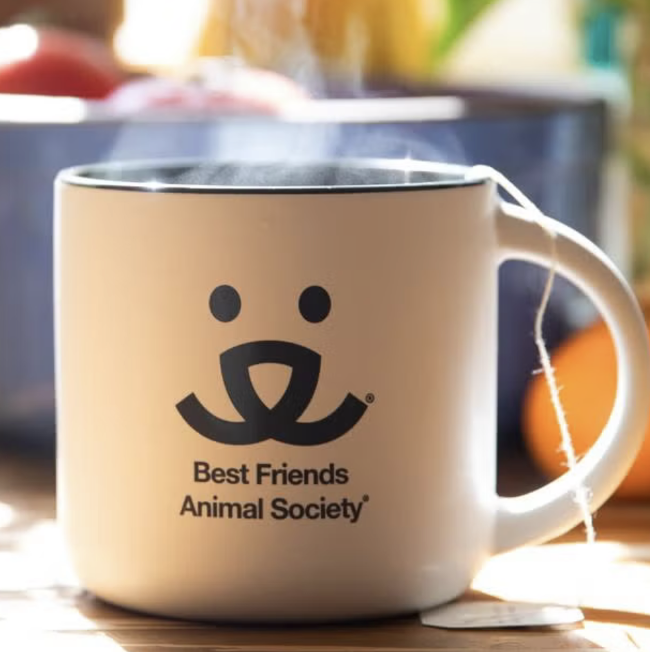
How You Can Get Involved
- Adopt or foster pets through their network.
- Volunteer in person at their sanctuary or centers, or remotely in roles such as event support, transport, or administrative help.
- Donate via one-time gifts, monthly giving, memorials, or planned giving.
- Advocate for no-kill strategies in your community, support legislation, and engage in outreach efforts.

Kitten Program
In Northwest Arkansas, Best Friends Animal Society offers a one-of-a-kind kitten care experience at its Pet Resource Center in Bentonville. This program focuses on keeping vulnerable kittens out of overcrowded shelters by providing foster support, essential medical care, and hands-on guidance to caregivers. At the heart of the initiative, kittens under six months receive comprehensive veterinary attention, including vaccinations, exams, deworming, and preventive treatments, until they are ready for adoption. What makes this location especially unique is its welcoming, interactive environment: visitors can spend time playing with kittens in dedicated cat rooms and outdoor “catios,” creating joyful connections that help socialize the animals and prepare them for their forever homes. Children are welcome to participate too, as long as they are accompanied by an adult, making it a community-friendly program that benefits both pets and people.
4. North Shore Animal League America
North Shore Animal League America is the world’s largest no-kill animal rescue and adoption organization, headquartered in Port Washington, New York. Founded in 1944, the organization has saved the lives of more than 1.1 million dogs, cats, puppies, and kittens through rescue, rehabilitation, and adoption programs. Their mission is to rescue animals from overcrowded shelters, puppy mills, and other crisis situations, provide them with medical care and rehabilitation, and place them into loving, responsible homes.
The organization operates several signature programs, including mobile adoption units that travel nationwide, the Mutt-i-grees Curriculum for humane education in schools, and global rescue efforts through international partnerships. They also run the Pet Wellness Center and foster programs to support animals until adoption. North Shore Animal League America is widely recognized for its commitment to promoting the no-kill philosophy, advocating for stronger animal protection laws, and leading high-impact rescue operations both in the U.S. and abroad.
Here are five unique things that set North Shore Animal League America apart from other animal welfare organizations:
Integrated Pet Wellness Center – Beyond adoptions, they offer veterinary care, behavioral training, and foster support on-site, ensuring rescued animals are healthy and well-adjusted before adoption.
World’s Largest No-Kill Rescue and Adoption Organization – With a history dating back to 1944, they have rescued over 1.1 million animals, making them unmatched in scale and longevity in the no-kill movement.
Mobile Adoption Units Nationwide – Their fleet of mobile adoption units brings pets directly to communities across the country, expanding adoption opportunities beyond their New York campus.
Mutt-i-grees Humane Education Curriculum – A proprietary program that teaches compassion, empathy, and responsible pet care in schools, community centers, and libraries nationwide.
International Rescue Operations – They partner with shelters and rescue groups worldwide to save animals from crisis situations, including natural disasters and unsafe overseas shelters.
5. ASPCA
The American Society for the Prevention of Cruelty to Animals (ASPCA) is one of the oldest and most recognized animal welfare organizations in the United States, founded in 1866 by Henry Bergh in New York City. Its mission is to provide effective means for the prevention of cruelty to animals throughout the U.S. The ASPCA works through a combination of direct animal rescue, shelter support, veterinary services, adoption programs, advocacy for stronger animal protection laws, and public education campaigns. The organization addresses issues like pet homelessness, animal cruelty, disaster response, and farm animal welfare, while also offering spay/neuter services and community outreach.
Five things that make the ASPCA unique:
Diverse Advocacy Efforts – Influences public policy on a wide range of animal welfare issues, from puppy mill regulation and farm animal protection to ending horse slaughter and promoting pet adoption.
Historical Leadership – As the first humane society established in North America, the ASPCA pioneered animal protection laws and set the foundation for the modern animal welfare movement.
National Scope with Local Action – Operates programs and facilities across the country, including the ASPCA Adoption Center in NYC, the Behavioral Rehabilitation Center in North Carolina, and regional response teams nationwide.
Comprehensive Cruelty Intervention – Actively participates in rescuing animals from abuse and neglect, working closely with law enforcement on investigations, seizures, and prosecutions.
Behavioral Rehabilitation Center – The first-ever facility in the U.S. dedicated solely to the recovery of severely abused and fearful dogs to prepare them for adoption.
6. Bunny’s Buddies
Bunny’s Buddies is a U.S.-based nonprofit dedicated to rescuing dogs from slaughterhouses, kill shelters, and the streets of Asia, with a focus on animals caught in the dog meat trade. After rescue, dogs receive two months of quarantine, comprehensive veterinary care, vaccinations, spay/neuter, and advanced health testing before being transported to the United States for adoption. Adopters do not choose a specific dog; instead, the organization carefully matches each animal to the right home based on needs and compatibility, ensuring the best chance for rehabilitation and a successful transition. They are upfront about the risks and challenges of adopting traumatized animals and only work with adopters committed to a “rescue mindset.” Health protocols are more extensive than most rescues, often including full bloodwork, PCR panels, and even MRI or CT scans when needed.
Five unique things about Bunny’s Buddies:
Implements advanced medical testing and care before transport to the U.S.
Rescues animals directly from the dog meat trade and other extreme cruelty situations.
Prioritizes healing and rehabilitation over adopter preference in placement.
Uses a matching system rather than letting adopters pick specific dogs.
Provides complete transparency about potential behavioral and health challenges.
7. Emotional Rescue
Emotional Rescue LLC, founded in spring 2017 by Shannon Tarr, is a volunteer-driven, foster-based rescue organization operating with no building or overhead—ensuring all donations go directly toward the dogs’ medical and emotional needs. The rescue focuses on dogs that are often overlooked or suffering: those from Native American reservations in South and North Dakota, dogs at risk of euthanasia, and individuals dealing with serious medical issues such as starvation, heart-worm, broken bones, or abandonment by breeders. By integrating urgent medical care and deep emotional healing, Emotional Rescue provides a safe, nurturing pathway for the most vulnerable dogs transitioning into loving homes or permanent sanctuary.
Five unique things about Emotional Rescue:
Functions as a for-profit LLC but ensures that 100% of donations directly support the dogs’ medical and care needs.
Operates entirely through a foster network with zero overhead costs, allowing all funds to go directly to the animals.
Specializes in rescuing dogs with critical medical needs and severe trauma often overlooked by other organizations.
Prioritizes emotional healing alongside physical recovery, focusing on restoring the dogs’ trust and spirit.
Uses a rigorous adoption process where both the foster caregiver and the dog must approve the match.
8. Lily’s Legacy Senior Dog Sanctuary

Lily’s Legacy Senior Dog Sanctuary is a volunteer-run nonprofit in Petaluma, California, founded in 2009 by Alice Mayn in memory of her beloved senior rescue dog, Lily. The sanctuary is dedicated exclusively to rescuing large-breed senior dogs, typically over 50 pounds and aged 7 years or older, that have been displaced, abandoned, or are at risk in shelters. Each dog receives full medical evaluation, treatment, and temperament assessment. Adoptable dogs are placed in carefully matched homes, while others remain at the sanctuary or in permanent foster care, often receiving hospice support. Although not the largest senior dog rescue in the country, Lily’s Legacy is one of the only organizations in the U.S. focused solely on this demographic, intentionally limiting the number of dogs it serves each year to ensure the highest level of personalized care.
Five unique things about Lily’s Legacy:
Offers a “Lifetime Care Program” for pet owners to plan for their dog’s future, including pet trusts and guaranteed lifelong care.
Exclusively dedicated to rescuing and caring for large-breed senior dogs.
Operates a sanctuary-style, home-like environment with individual rooms, donated furniture, and direct outdoor access.
Limits intake to around 100–125 dogs annually to maintain exceptional care quality.
Hosts the annual “Saving Senior Dogs Week” campaign in partnership with other senior dog rescues nationwide.
9. Freedom Service Dogs of America
Freedom Service Dogs of America is a nonprofit based in Colorado that transforms rescue dogs into highly trained service animals for people with disabilities. Founded in 1987, the organization rescues dogs from shelters and trains them to assist veterans with PTSD, children with autism, and individuals with mobility impairments, traumatic brain injuries, or other challenges. Their approach gives homeless dogs a second chance while providing life-changing support to people in need. Dogs that do not meet the strict requirements for service work are placed into loving adoptive homes through their “FSD Career Change Dogs” program.
Five unique things about Freedom Service Dogs of America:
Offers a “Lifetime Care Program” for pet owners to plan for their dog’s future, including pet trusts and guaranteed lifelong care.
Exclusively dedicated to rescuing and caring for large-breed senior dogs.
Operates a sanctuary-style, home-like environment with individual rooms, donated furniture, and direct outdoor access.
Limits intake to around 100–125 dogs annually to maintain exceptional care quality.
Hosts the annual “Saving Senior Dogs Week” campaign in partnership with other senior dog rescues nationwide.
10. Maddie’s Fund
If you are considering starting a rescue in your area, need funding for your organization or want to learn more about a unique funding opportunity dedicated to finding every pet a home. Maddie’s Fund is a family foundation established in 1994 by Dave and Cheryl Duffield in memory of their dog, Maddie, with the mission of creating a nation where every dog and cat has a healthy home or habitat. The foundation supports animal welfare organizations through grants, education, and collaboration, focusing on advancing the no-kill movement and improving shelter and rescue practices. Over the years, Maddie’s Fund has provided significant funding for adoption programs, foster care initiatives, shelter medicine, and innovative lifesaving projects, while promoting transparency, data sharing, and community-driven approaches to animal welfare.
Who Is Eligible Maddie’s Fund:
Maddie’s Fund grants are available to U.S.-based 501(c)(3) public charities, municipal government animal welfare agencies, and university or college-affiliated groups that focus on the welfare of dogs and cats. Eligible organizations must share transparent annual statistics, meet specific success benchmarks, and be current on any past grant reporting. Certain programs, like the BIPOC-Led Operating Support Grant, have additional criteria, such as being led by Black, Indigenous, or People of Color. Research-focused grants often require partnerships with nonprofit, academic, or government-affiliated animal welfare entities and participation in national data-sharing initiatives like Shelter Animals Count.
To help find more dog, cat and pet rescue organizations near you, Sniffspot is a great resource:
Sniffspot’s dog rescue directory is an online resource that was recreated to help people find pet rescue and foster organizations across the United States, covering a wide variety of focuses from breed-specific rescues to those that specialize in certain pet care needs, such as senior animals, medical cases, working dogs, or special needs pets. Through their site, you can search by location, making it easy to find organizations near you as well as explore rescues in other states. The directory includes both dog and cat rescues, each with its own mission, adoption process, and ways the public can get involved.
Finding the right organization starts with doing your homework and researching the rescues in your area, learning about their focus, and understanding their needs is a great place to start. There are also regional national organizations that might fit your needs more closely. Once you’ve identified a group that aligns with your passion, you can choose how to participate: contribute financially to support daily operations, adopt a pet in need of a forever home, become a foster family to provide temporary care, or help spread awareness so others can get involved. This approach not only connects you with the right cause but also ensures that your time, energy, and resources make the greatest impact for animals in need.
CHOOSE WHERE YOU WANT TO GO NEXT!
OR GET TO KNOW US BETTER








